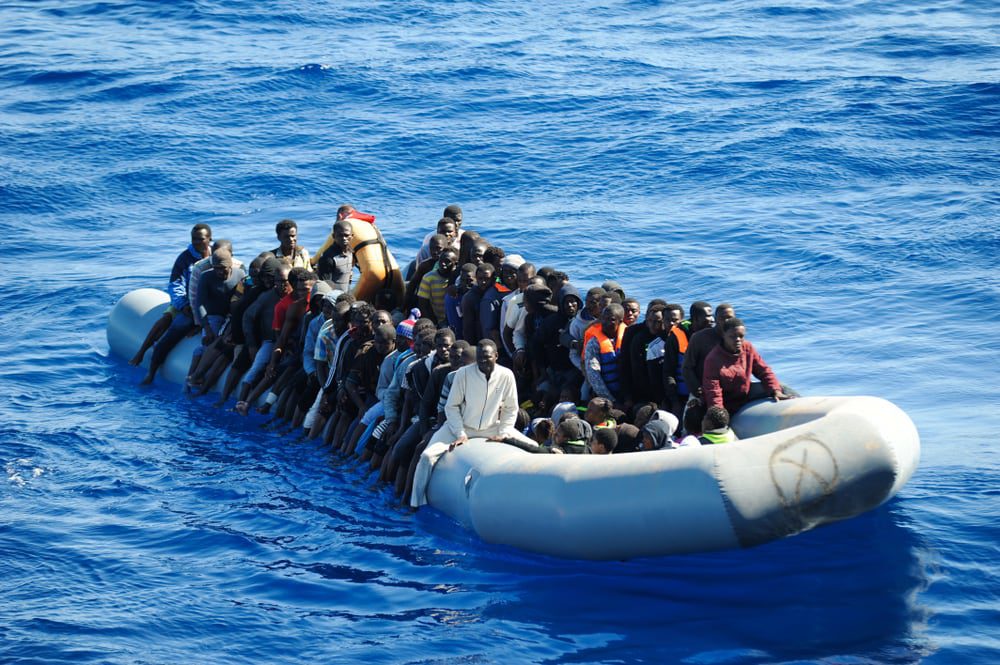
Immigration has become one of the central themes of the French presidential campaign, and the two candidates of the national right, Éric Zemmour and Marine Le Pen, have given it national attention. It appears that Emmanuel Macron’s record on this issue is even worse than that of his predecessor François Hollande. The last five years have been marked by an unprecedented increase in non-European immigration in France, according to a study by the lawyer Paul Tormenen, a specialist in migration issues, published by the analysis site Polémia.
The figures speak for themselves. From 2017 to 2021, 1,278,374 first-residence permits were issued to foreigners from outside Europe. In former president François Hollande’s term, 2012 to 2016, there were 1,054,909. The current French administration has therefore issued 21% more first-residence permits than the previous administration.
Several policies that are favourable to immigration help to explain this growth. The first of these concerns the right of asylum. The number of asylum applications filed in France increased by 75% between Macron and Hollande’s terms. So much for the applications. But the granting of asylum has also increased considerably: humanitarian protection has gone up from 82,050 people under Hollande to 188,864 under Macron—an increase of 130%. This can be explained in part by the increase in emergency reception capacities, which, far from absorbing the flow, allowed France to process more immigrants..
Alongside this general increase in entries, there has been a decrease in exits. Removals of foreigners who have violated French law have lulled, while campaigns for regulating or granting of French nationality have increased.
All the indicators point in the same direction: far from seeking to limit immigration, the current president has, on the contrary, encouraged it. Paul Tormenen points out that the government has implemented no less than 19 programmes in favour of immigration and asylum, spread over 13 budgetary plans. The official total for policies supporting immigration, which is constantly increasing, had reached the sum of €6.9 billion for the year 2021.
The figures that stand out from Emmanuel Macron’s record, defined in the analysis by Polémia, help explain why immigration has become a crucial issue for both Marine Le Pen and Éric Zemmour in the presidential campaign.
According to them, immigration has hit hard a country whose economy is already considerably weak. Labour immigration represented only a tiny proportion of the residence permits issued, which led to an increase in the burden represented by the newcomers on the entire national community. The opposition considers that the firmness claimed by the French government, for example on the issue of visas from Maghreb countries, was faint and has not been followed up.
With one month to go before the presidential election, opinion polls show that the treatment of the immigration issue is not enough to be elected. However, as Philippe Moreau-Chevrolet, a specialist in political communication interviewed by Cnews, points out, “talking about immigration and denouncing it has become an important marker for identification. This is not enough for a candidate to be elected, but it is an issue of belief. It allows us to give content to the fact of being French, especially in the face of Europe.”
